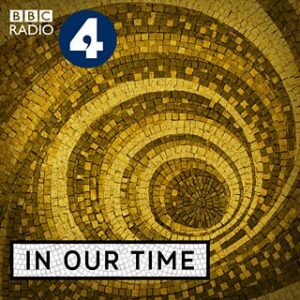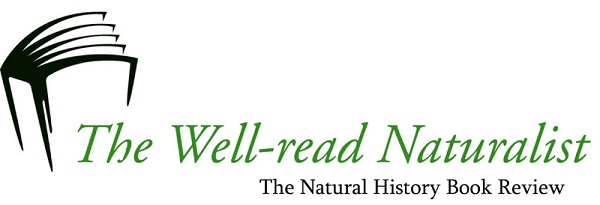 While Samuel Taylor Coleridge’s The Rime of the Ancient Mariner is likely a poem that most of us studied in our school years, it is not perhaps one that we actively think about as we go about our daily lives, or that we would necessarily reference in regard to matters of contemporary conservation or environmental ethics. However I suspect that I now shall be re-reading it, and in a much more nuanced and better informed manner since listening to the 4 March 2021 podcast episode of BBC Radio 4’s superb In Our Time program – particularly in regard to what it may contain regarding Coleridge’s ideas about the proper relationship between humankind and the rest of the natural world.
While Samuel Taylor Coleridge’s The Rime of the Ancient Mariner is likely a poem that most of us studied in our school years, it is not perhaps one that we actively think about as we go about our daily lives, or that we would necessarily reference in regard to matters of contemporary conservation or environmental ethics. However I suspect that I now shall be re-reading it, and in a much more nuanced and better informed manner since listening to the 4 March 2021 podcast episode of BBC Radio 4’s superb In Our Time program – particularly in regard to what it may contain regarding Coleridge’s ideas about the proper relationship between humankind and the rest of the natural world.
In the panel discussion between program host Melvyn Bragg and his guests Sir Jonathan Bate, Professor of Environmental Humanities at Arizona State University, Tom Mole, Professor of English Literature and Book History at the University of Edinburgh, and Rosemary Ashton, Emeritus Quain Professor of English Language and Literature at University College London, Professor Bate makes the eye-opening point,
What Coleridge does when he writes the Ancient Mariner is to say that it is also possible to commit a crime against nature. That in some respects it is as bad to shoot an albatross as it is for Cain to kill his brother. And that respect for nature, that sense that we are all part of what we would now call the biosphere, or an ecosystem, that human life and the life of, as he puts it in the poem, the life of every bird and beast are intertwined and interconnected, and that we owe ethical obligations to the natural world.
I have long held Baron Bragg and his In Our Time program in very high regard for the consistently superior quality of discussion and insight I have found in each and every episode. I most enthusiastically recommend it to all who have not already come to know it for themselves.
